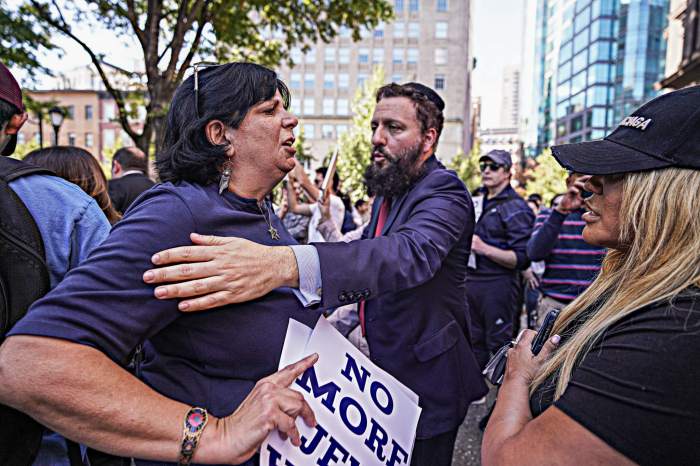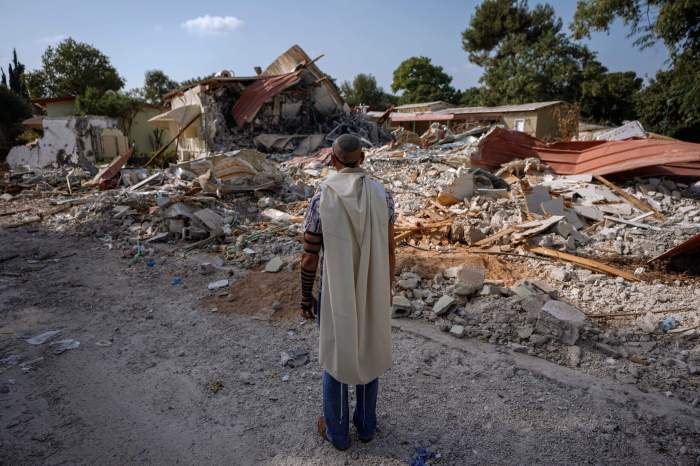America’s battle against tobacco began in earnest 50 years ago this past Saturday, when Surgeon General Luther Terry said smoking was dangerous and urged action.
Today, the war against that leading preventable cause of death is far from over, but it has been largely successful, and that triumph offers important lessons about the power of government, science and persistent advocacy.
It’s hard to imagine today, when smokers are relegated to the city’s sidewalks and alleyways, but in 1964 smoking was acceptable practically everywhere, including hospitals and airplanes. About 42 percent of American adults smoked, and minors could buy tobacco with relative ease.
But it was killing us. Tobacco companies knew that and lied about it. Yet they were finally forced to make amends.
It’s often hard to remember such things are possible.
Before Terry’s report, there had been limited sorties against smoking. But on Jan. 11, 1964, an expert panel he convened announced that smoking did increase cancer rates and urged the government to address the problem.
Warning labels were introduced. Some advertising was banned. Sales to young people were restricted. Over time, smoking was banned in public places — from airplanes to bars to workplaces and parks.
And it has worked — not entirely, but significantly.
The adult smoking rate has declined almost 60 percent. Life expectancy has increased dramatically, and the reduction in smoking is believed responsible for 30 percent of that improvement. Tobacco companies finally admitted they lied and were forced to pay $240 billion in damages.
The success wasn’t due entirely to laws. As the message took root, social pressure mounted. Parents fought the habit in their kids, and taxes made cigarettes expensive.
Today we face health issues like diabetes and obesity — costly to society and largely behavioral. We also face bad behavior from corporations — predatory and dishonest practices among them. But through government action, social pressure and education, we can curtail these ills.
It isn’t easy, but we’ve proven that it can be done.

















